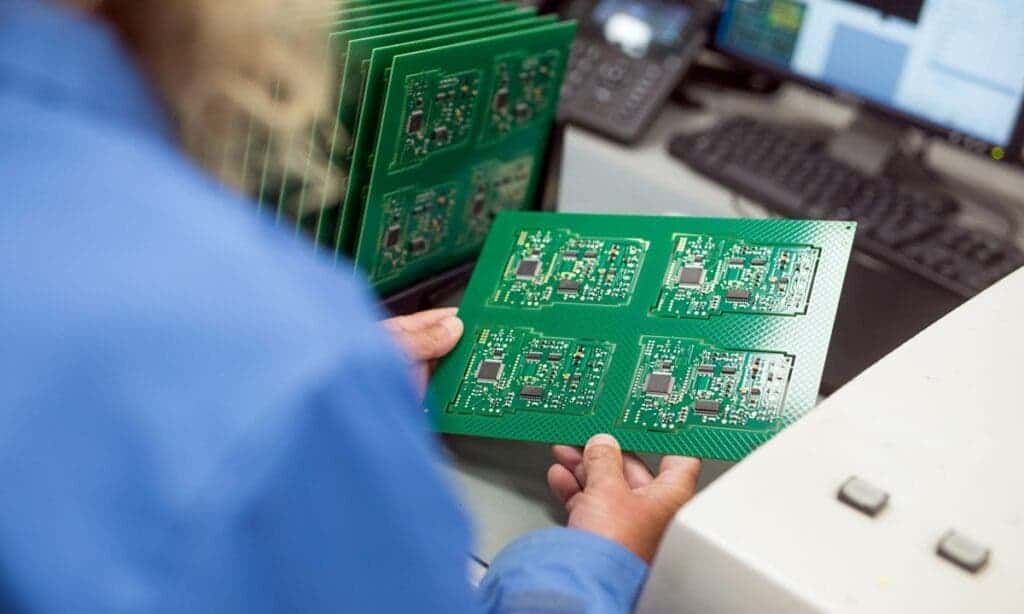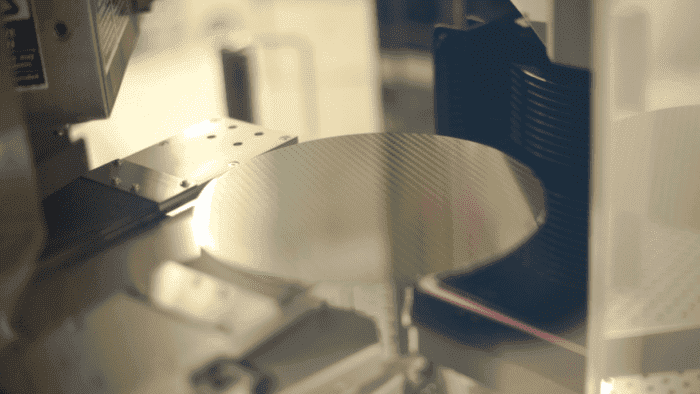

Chipmakers to automakers: it's your turn to pay - Gizchina.com
source link: https://www.gizchina.com/2022/08/08/chipmakers-to-automakers-its-your-turn-to-pay/
Go to the source link to view the article. You can view the picture content, updated content and better typesetting reading experience. If the link is broken, please click the button below to view the snapshot at that time.

Chipmakers to automakers: it’s your turn to pay
A shortage of chips has forced global automakers to abandon plans to build millions of vehicles. This has been going on consistently over the past two years. Now that the chip shortage is easing, car companies are paying a new permanent price. Executives from both the chip and auto industries say how to manage chip shortages is becoming a must-think in car development. In fact, the chipmakers are now passing on risks and some costs to automakers.

Newly formed teams such as General Motors, Volkswagen and Ford are in direct talks with chipmakers. Automakers such as Nissan are being forced to accept longer order commitments and higher inventories. In addition, auto suppliers including Bosch and Denso are investing in chip production. GM and Stelantis have said they will work with chip designers to design components.
Taken together, industry executives and analysts believe the changes represent a fundamental shift in the auto industry: investing more capital in exchange for a more stable supply of chips, more involvement in chip development, and greater visibility into chip supply. It’s a U-turn for automakers that have historically relied on suppliers (or suppliers’ suppliers) to secure chip supplies.
Chipmakers welcome the development
For the chipmakers, the still-developing partnership with the automaker is a welcome, overdue reinvention. Many semiconductor executives have attributed the recent crisis to a lack of understanding of how the chip supply chain works and a reluctance to share costs and risks. Wei Zhejia, president of TSMC, said he never received a call from auto industry executives before there was a severe shortage of auto chips. However, he claims that over the past two years, he has been receiving calls from so many “friends”.
Wei Zhejia reveals that he had received a call from an executive in the automotive industry requesting an urgent order for 25 wafers. Since TSMC’s orders mostly start with 25,000 pieces, Wei Zhejia responded to the other party and said, “No wonder you don’t get support.”
GF CEO Thomas Caulfield said the auto industry understands that it can no longer put chipmakers at risk of building multi-billion-dollar chip factories. We will not put capacity unless the customer commits and is willing to take ownership of that capacity.”
Ford has announced a partnership with GF to secure chip supplies. Mike Hogan, head of GF’s automotive industry, said more such collaborations are being discussed with other auto companies.
Chipmaker SkyWater Technology CEO Thomas Sonderman said the company is in talks with car companies to “get involved” by procuring equipment or paying for research and development.
Chipmakers and automakers still cooperate
ON Semiconductor Chief Executive Hassane El-Khoury said closer cooperation with automakers and their suppliers has led to a $4 billion long-term deal for the company to produce silicon carbide-based power management chips. “We’re investing billions of dollars every year to scale our business,” he said. “But we’re not going to build factories just because we see hope.”
The chief executives of both Renesas and NXP have reportedly said they are arranging engineers to help car companies design new architectures that would use a single computer to control all the functions of the car. NXP CEO Kurt Sievers said: “They’ve woken up. They understand how much it costs. They start trying to find the right people. That’s an important part.”
According to Gartner, the average chip content per car will exceed $1,000 by 2026, doubling the figure from the first year of the pandemic. The electric Porsche Taycan, for example, currently uses more than 8,000 chips. However, Volkswagen says that by 2030 this number will be double or triple.
Berthold Hellenthal, senior manager of chip management at Volkswagen Group, said, “We have understood that we are part of the chip industry ourselves. We have now set up people for the strategic management of chips.”
Recommend
About Joyk
Aggregate valuable and interesting links.
Joyk means Joy of geeK
